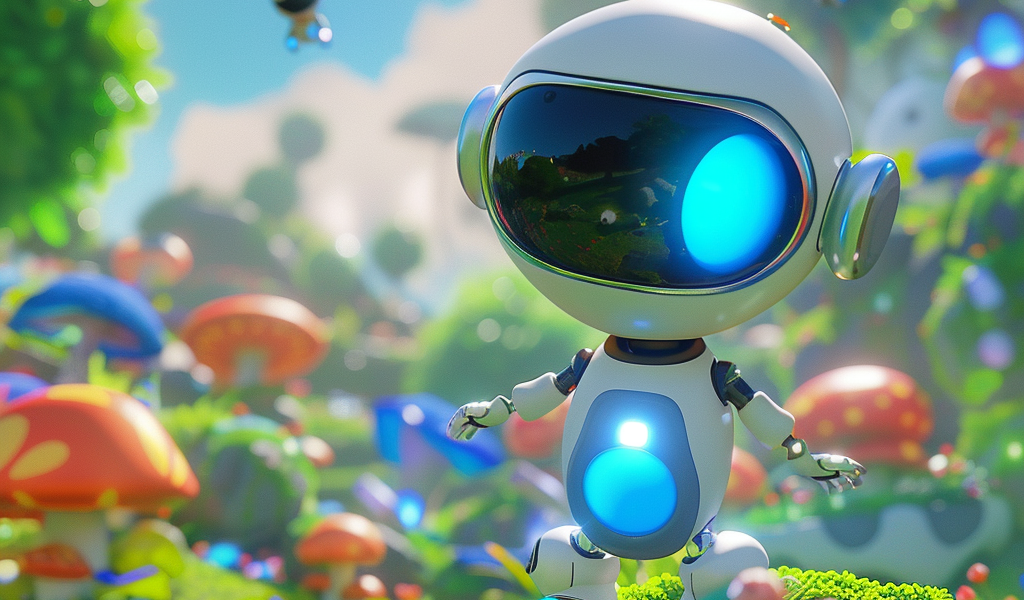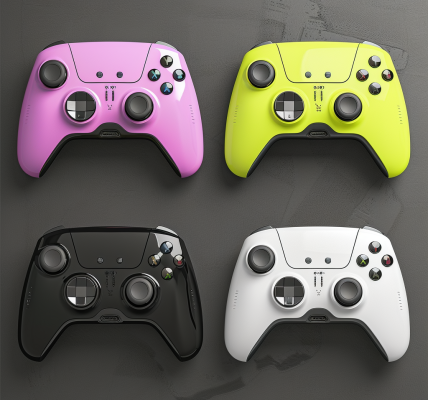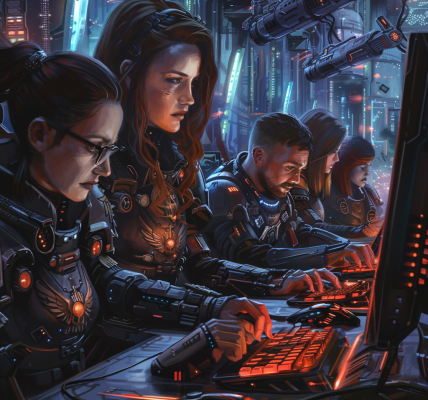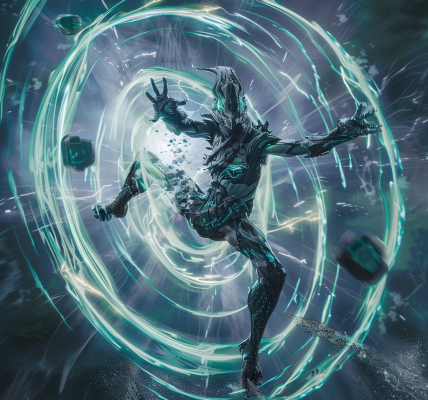As the gaming landscape evolves, the annual selection for the coveted title of “Game of the Year” becomes an increasingly complex and nuanced process. Each December, gaming enthusiasts and critics alike engage in a spirited debate, weighing the merits of various titles against one another. This year, the spotlight has fallen on a charming platformer that has captured the hearts of many: Astro Bot.
Astro Bot has emerged as a frontrunner in the race for the top honor, showcasing delightful gameplay that combines precise platforming mechanics with an endearing aesthetic. The game’s design, reminiscent of a toy, invites players into a world brimming with joy and creativity. While the decision to crown Astro Bot as the best game of the year seemed straightforward, it was not without its share of internal conflict.
The deliberation process involved careful consideration of many factors. Questions about the game’s depth and thematic resonance lingered in the minds of the judges. Could Astro Bot, with its playful and lighthearted nature, truly stand alongside more serious contenders that tackle profound themes and narratives? Titles like Baldur’s Gate 3 and Elden Ring, which are rich in storytelling and complex character development, often dominate discussions around game of the year selections.
In the midst of this debate, the concept of a “soft pick” emerged. This term reflects the notion that a game may be chosen not for its groundbreaking innovations or deep storytelling, but rather for its sheer enjoyment factor. Astro Bot, while undeniably fun, raised questions about whether it could be viewed as a significant contribution to the gaming medium. Critics pondered whether a game that feels more like a toy could truly embody the essence of what makes video games an art form.
The gaming community has seen its share of divisive opinions throughout 2024, particularly regarding the purpose and function of video games. Some players advocate for games that serve as pure entertainment, while others seek out experiences that provoke thought and discussion. This divergence in philosophy has led to heated debates, with players passionately defending their views on what constitutes a worthy game.
Astro Bot’s whimsical charm and engaging gameplay mechanics have certainly resonated with many players, but the question remains: should the title of Game of the Year be reserved for games that offer more than just entertainment? As the discussions continue, it is clear that the landscape of gaming is as diverse as the titles it produces.
In examining Astro Bot’s strengths, it’s essential to acknowledge the meticulous design that went into its creation. The levels are crafted with care, offering players a chance to explore and engage in a variety of challenges that are both rewarding and enjoyable. The game’s ability to evoke a sense of nostalgia while simultaneously providing a fresh experience is a testament to its design philosophy.
However, the allure of Astro Bot is not limited to its gameplay alone. The game also excels in its presentation, boasting vibrant visuals and a soundtrack that enhances the overall experience. Such elements contribute to its appeal, making it a standout title in a year filled with noteworthy releases.
As the gaming community reflects on the past year, it is evident that Astro Bot represents more than just a fun experience; it symbolizes the ongoing evolution of video games as a medium. The discussions surrounding its candidacy for Game of the Year highlight the complexities of the gaming landscape, where different genres and styles cater to varied player preferences.
In conclusion, the selection of a Game of the Year is never a straightforward task. With a multitude of factors to consider, including gameplay, narrative depth, and emotional impact, the decision ultimately reflects the diverse tastes of the gaming community. As we look back on 2024, Astro Bot stands as a testament to the joy and creativity that video games can bring, even as the conversation around what makes a game truly great continues to evolve.





